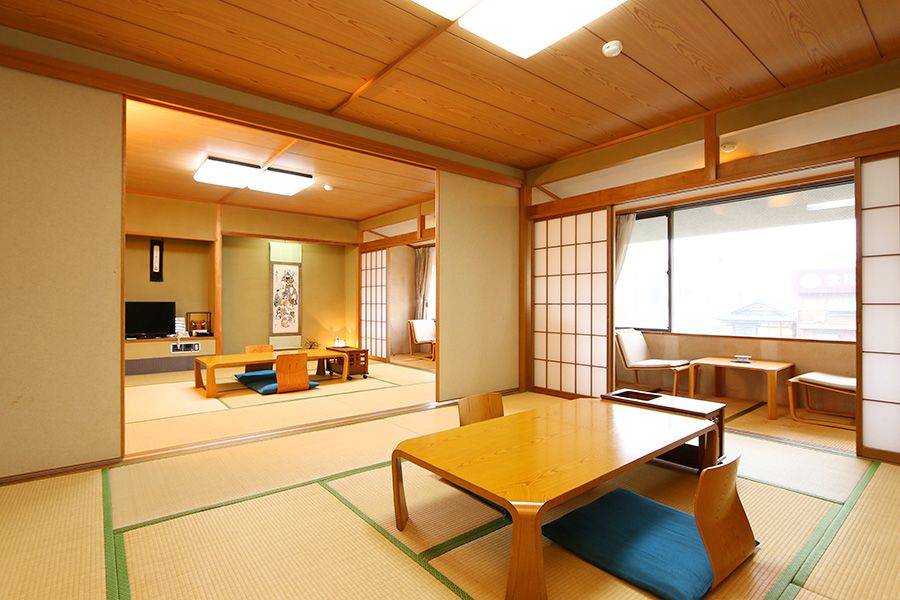Korokke Culture: A Journey Through Japanese Cuisine with Yoshida Hotel
When travelers seek to immerse themselves in the heart of Japanese culture, few things deliver such immediate pleasure as its cuisine. Among the myriad culinary experiences to be savored, the humble yet iconic Korokke often stands out, weaving its savory magic throughout the country’s vibrant food scene. At Yoshida Hotel, we’ve made it our mission to not only welcome guests into the comfort of our hospitality but also to guide them on authentic journeys of taste. Let’s embark on an exploration of Korokke, its heritage, regional adaptations, and why this crispy delight deserves its spot on every culinary traveler’s must-taste list. Join Yoshida Hotel as we uncover the flavors, stories, and secrets behind Korokke in the article below.
Korokke: The Quintessence of Japanese Street Food
Korokke—crispy, golden, and brimming with warmth—has a charm that instantly resonates with both locals and travelers. These irresistibly crunchy patties, with origins inspired by French croquettes, have found their own unique identity in Japan’s diverse food culture. Sold at bustling street stalls, family-run eateries, and convenience stores, Korokke is a dish for everyone, bridging generations and social classes with each bite.
- The enticing aroma of freshly fried Korokke wafts through shopping arcades and train stations, pulling in curious wanderers.

- With their affordable price and universal appeal, Korokke embodies Japanese street food’s accessibility and friendly, communal spirit.
- Whether paired with a simple supper or served as a quick snack on the go, these snacks transcend mealtime boundaries, delighting in every context.
The Story Behind Korokke: From Western Roots to Japanese Reinvention
Tracing the trajectory of Korokke reveals a fascinating journey from the Western world to the heart of Japanese culinary life. Inspired by the French croquette, Korokke first appeared in Japan during the Meiji era, a period marked by rapid modernization and western influence.
- Adapted to local tastes, Japanese chefs began replacing rich béchamel with mashed potatoes and minced meat, creating a lighter, more approachable delicacy.
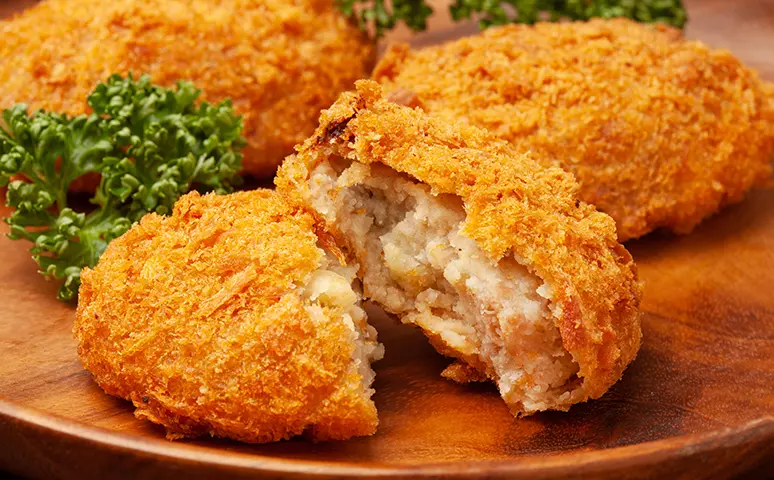
- Over the decades, countless variations have emerged, thanks to regional ingredients and creative experimentation.
- Today, Korokke can be found in countless forms throughout the country, with every region priding itself on its unique interpretation.
A Taste of Tradition: How Korokke Became a National Favorite
What sets Korokke apart from other beloved Japanese snacks is its deep-rooted presence in family dining and daily living:
- Japanese households frequently serve homemade Korokke for dinner, as lunchbox fillers, or as side dishes.
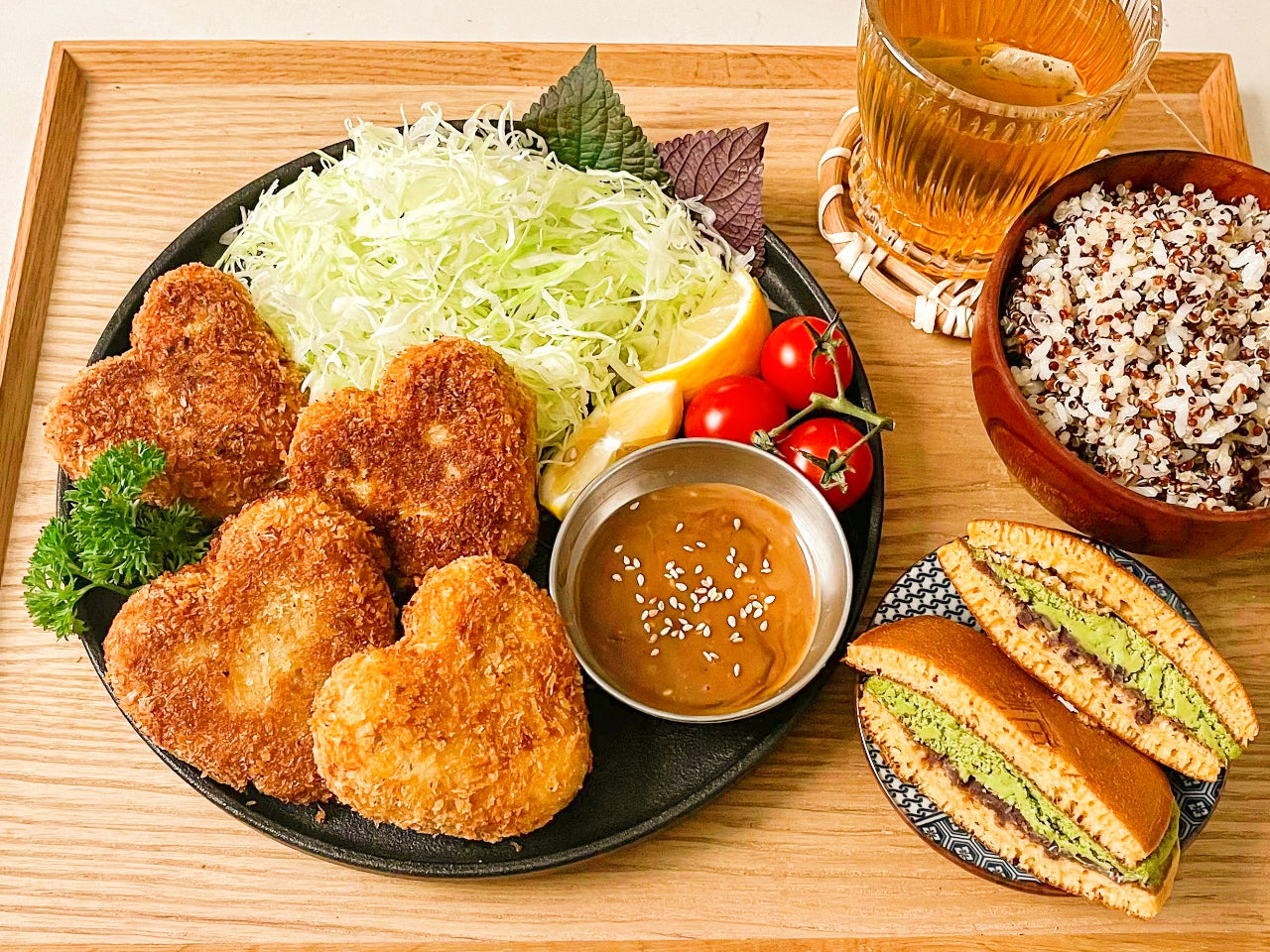
- Recipes are passed down generations, with each family adding a signature twist, whether it’s a dash of spice or a special blend of vegetables.
- The act of preparing Korokke together at home fosters togetherness, making it as much about family bonds as about flavor.
Exploring the Variety: Types of Korokke across Japan
Every region in Japan boasts its own take on Korokke, turning this humble dish into a map of local flavors.
Hokkaido: Creamy Crab Korokke
Up north in Hokkaido, renowned for its bounty of fresh seafood, crab meat is often the star, folded into creamy potato or béchamel filling, delivering a taste of the sea in every mouthful.
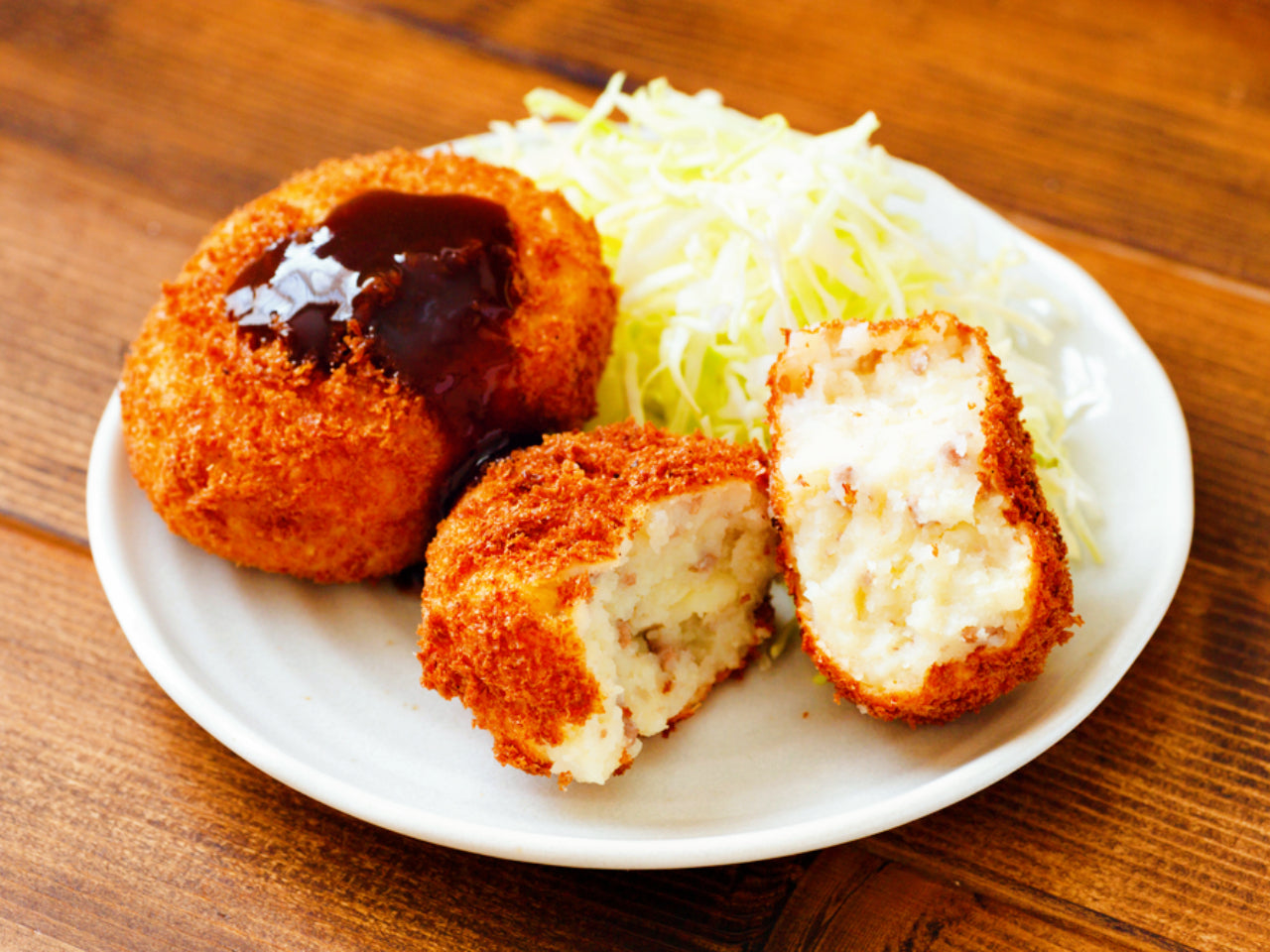
Kansai: Rich Wagyu and Onion Korokke
In the Kansai region, Korokke features finely chopped Kobe beef and sweet, slow-cooked onions, creating a decadent, savory treat beloved by foodies.
Kagawa: Udon Korokke Fusion
Creativity soars in Kagawa, birthplace of udon noodles, where some imaginative cooks blend udon dough and potatoes into the Korokke, merging two beloved foods into one mouthwatering experience.
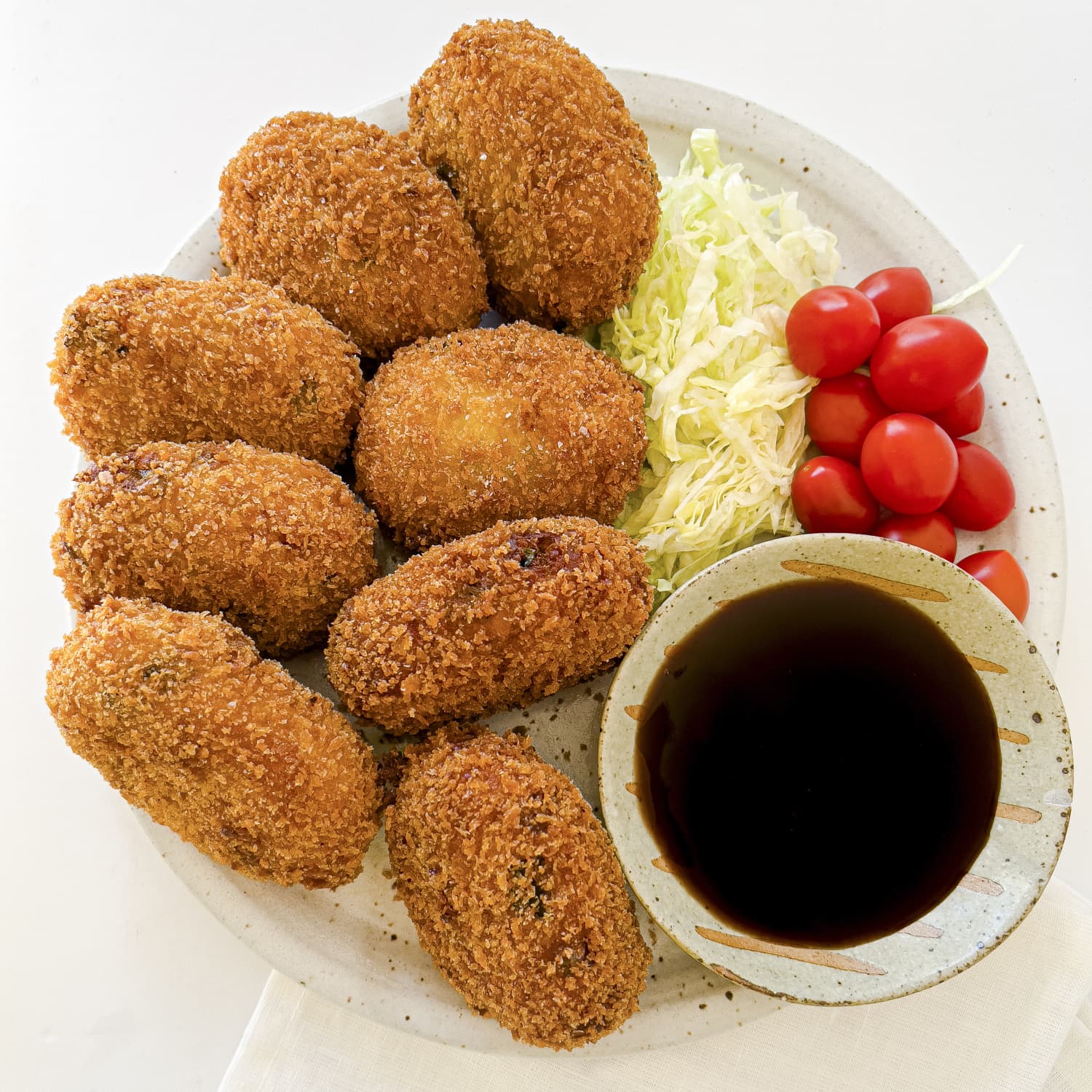
Seasonal Twists: Autumn Pumpkin and Spring Vegetable
Throughout the year, Korokke evolves with the seasons. Rich kabocha pumpkin features in autumn, while spring brings fresh greens and peas for vibrant, colorful patties.
The Korokke Experience: Where to Savor Authentic Flavors
Travelers seeking the best Korokke experiences can embark on a food adventure across Japan, visiting various destinations curated by Yoshida Hotel’s expert team.
- Major cities like Tokyo and Osaka boast specialty shops dedicated to classic and modern Korokke.
- Rural towns, such as those in Yamagata Prefecture, offer countryside versions made with local produce.
- Department store food halls, known as depachika, present an array of gourmet Korokke, with innovations such as curry-spiced filling or cheese infusion.
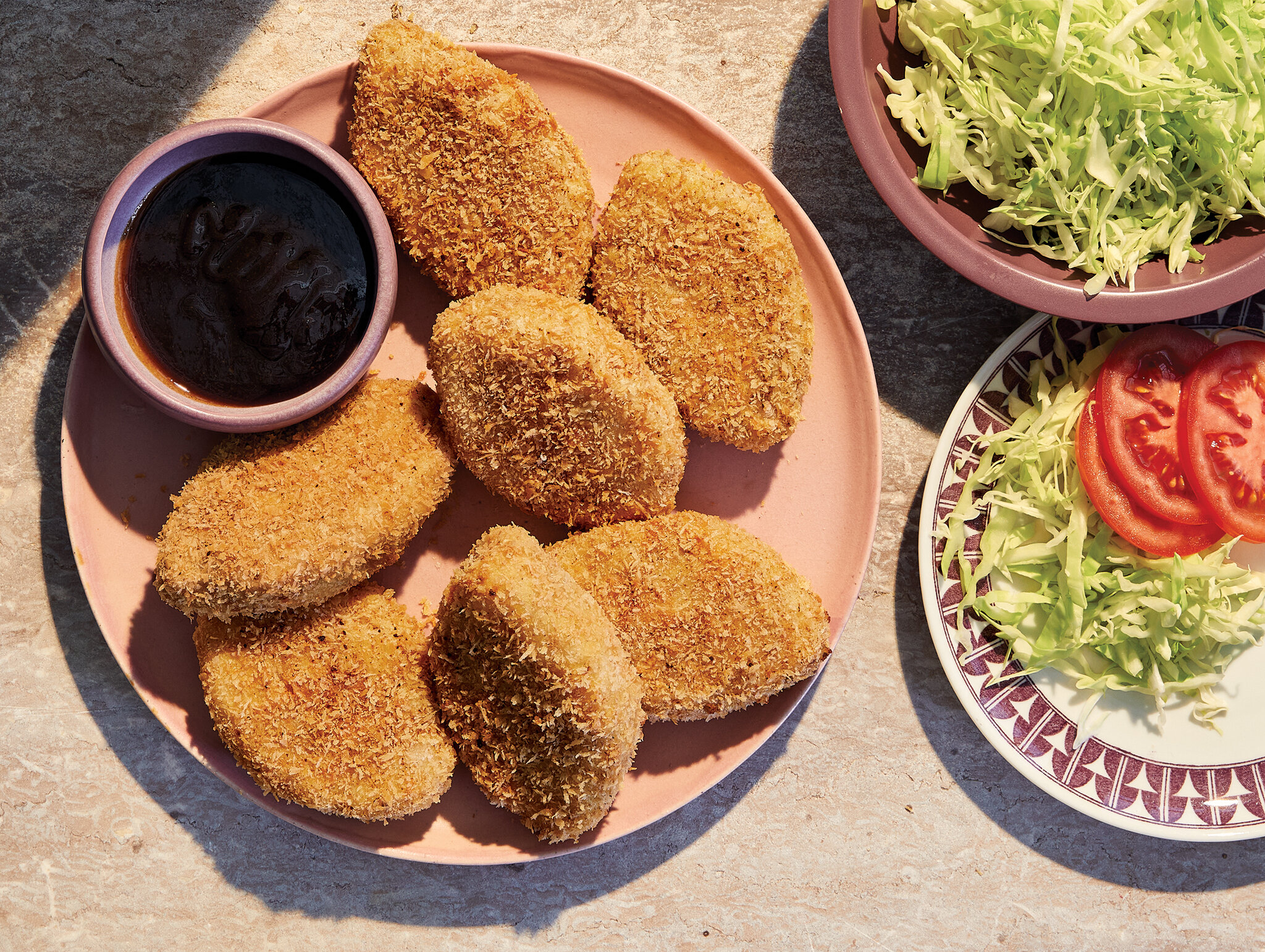
Behind the Counter: The Art and Craft of Making Korokke
While Korokke may seem simple, creating the perfect patty is a craft in itself, requiring balance and attention at every step.
- Potatoes are selected for optimal texture, boiled and mashed for a cloud-like softness—never too dry, nor overly moist.
- The filling combines with carefully seasoned ground meat, onions, or vegetables, before being shaped into plump discs.
- Each piece is coated with a delicate layer of flour, dipped in egg, then covered with crispy panko breadcrumbs.
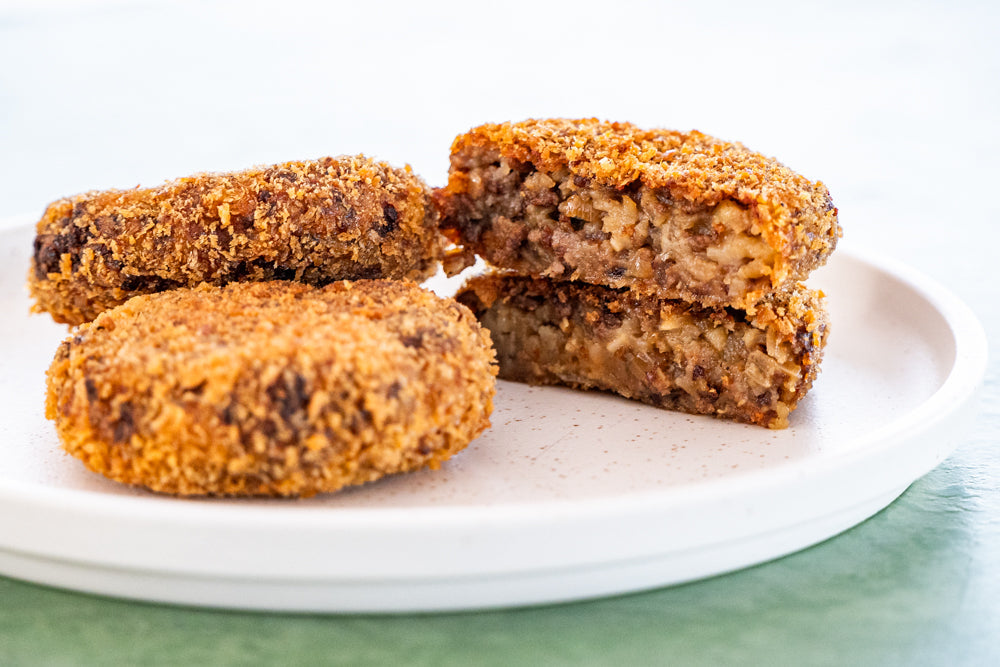
- The frying stage is critical: oil must be clean and precisely heated to achieve the fabled golden crunch.
- Finally, Korokke is served piping hot, garnished with tangy tonkatsu sauce or a sprinkle of sea salt.
The Social Life of Korokke: Festivals, Markets, and Family Tables
Korokke is more than a food; it is a thread in the social fabric of Japanese everyday life.
- During festivals, Korokke stands become gathering points for neighbors and travelers alike, fostering a sense of community.
- Street markets across the country present endless Korokke variations, with each vendor bringing a personal touch.
- In homes, sharing Korokke creates cherished memories, reinforcing bonds between family and friends.
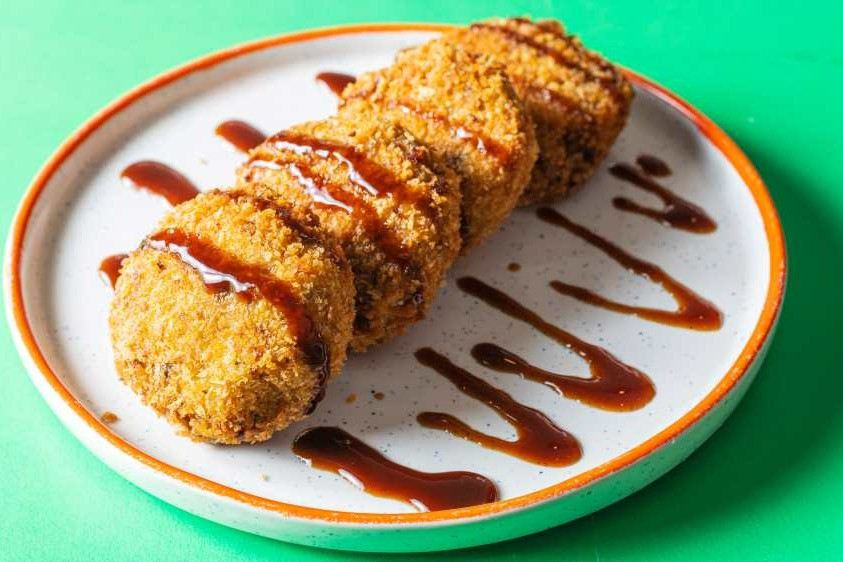
The Korokke Craze: Why International Visitors Fall in Love
Thanks to its comforting texture, nostalgic flavor, and universal appeal, Korokke has captured the hearts of visitors from around the globe.
- Travel influencers and food bloggers praise its addictive crunch and gentle, savory filling.
- Cooking classes for tourists often feature Korokke on the menu, offering a hands-on way to connect with Japanese daily life.
- Many visitors return home eager to recreate it, inspired by experiences at local shops or family hostels such as Yoshida Hotel.
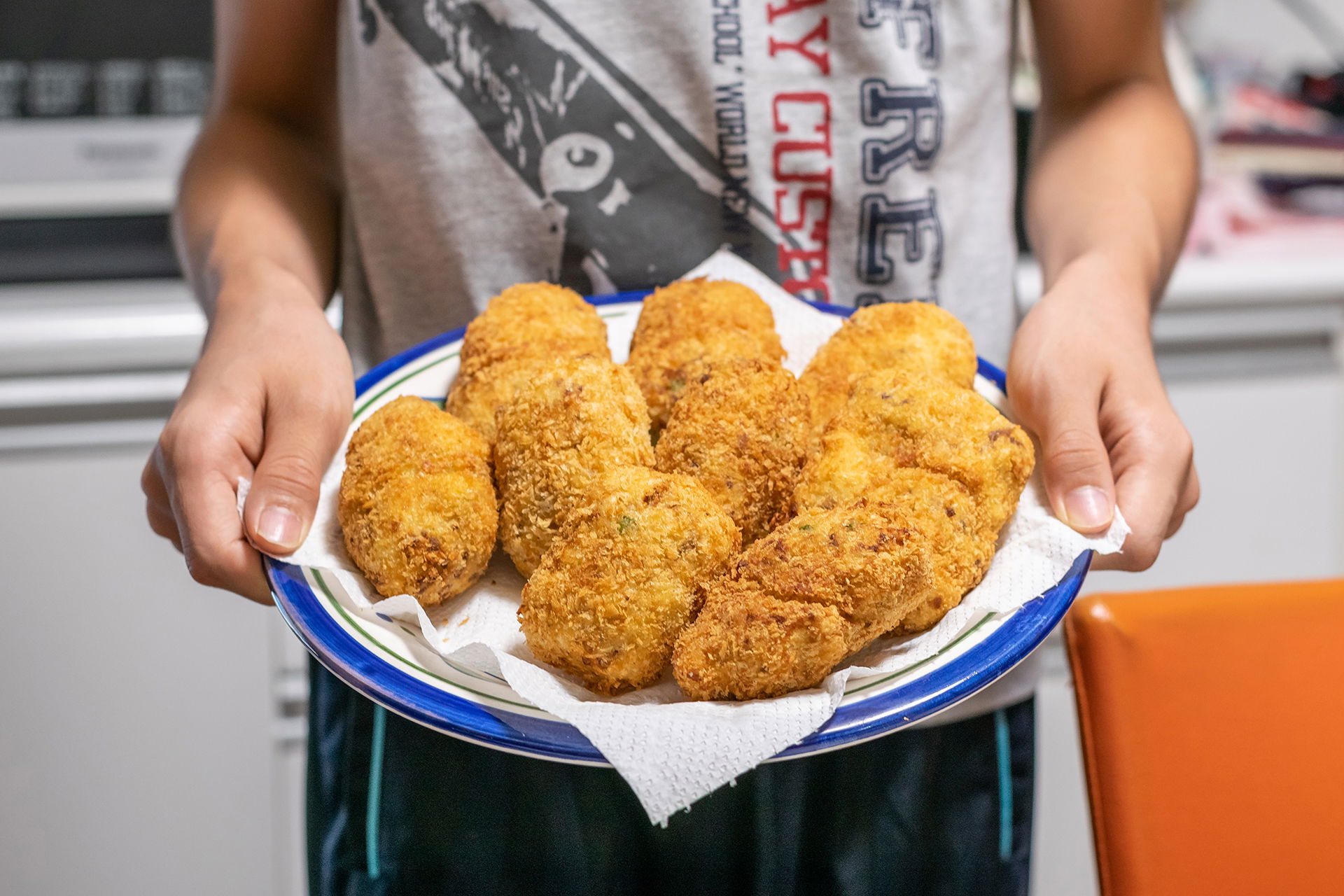
Eating with the Senses: Flavors, Aromas, and Textures of Perfect Korokke
Great Korokke is an experience that awakens the senses.
- The sound of crisp panko gives way to a creamy middle, with subtle umami and a touch of sweetness.
- Aromas of fried onions and potatoes evoke home-cooked meals and festive gatherings.
- The visual contrast between flaky crust and smooth filling adds to the anticipation of the first bite.

Pairing and Presentation: Best Ways to Enjoy Korokke
A classic Korokke is perfectly satisfying on its own, but pairing it with other foods elevates the dining experience.
- Japanese mustard or tangy Worcestershire sauce adds punch, while fresh cabbage provides a refreshing contrast.
- Rice, miso soup, and pickles turn Korokke into a hearty lunch or dinner set.
- Innovative chefs at trendy bistros pair Korokke with artisan sake or craft beer, creating harmonies between drink and food.
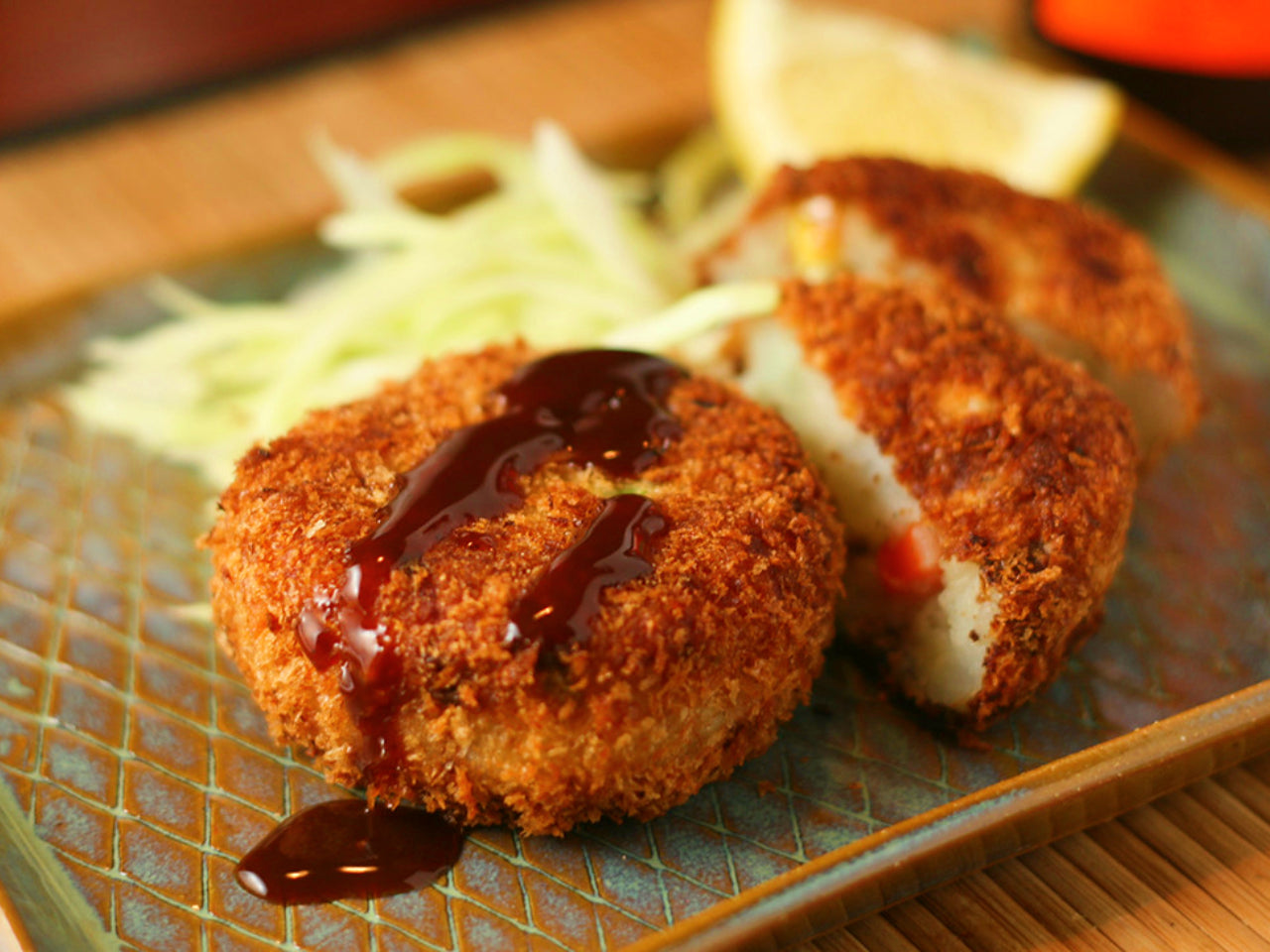
Hidden Heroes: The Ingredients Powering Every Korokke
The magic of Korokke lies in the symphony of its humble ingredients:
- Potatoes: Preferably starchy types such as Danshaku, mashed to silky smoothness.
- Meat: Ground beef, pork, or chicken enrich the flavor, but vegetarian versions abound with mushrooms, corn, or tofu.
- Panko: Japanese breadcrumbs lend the signature crispy crust, a hallmark of quality Korokke.
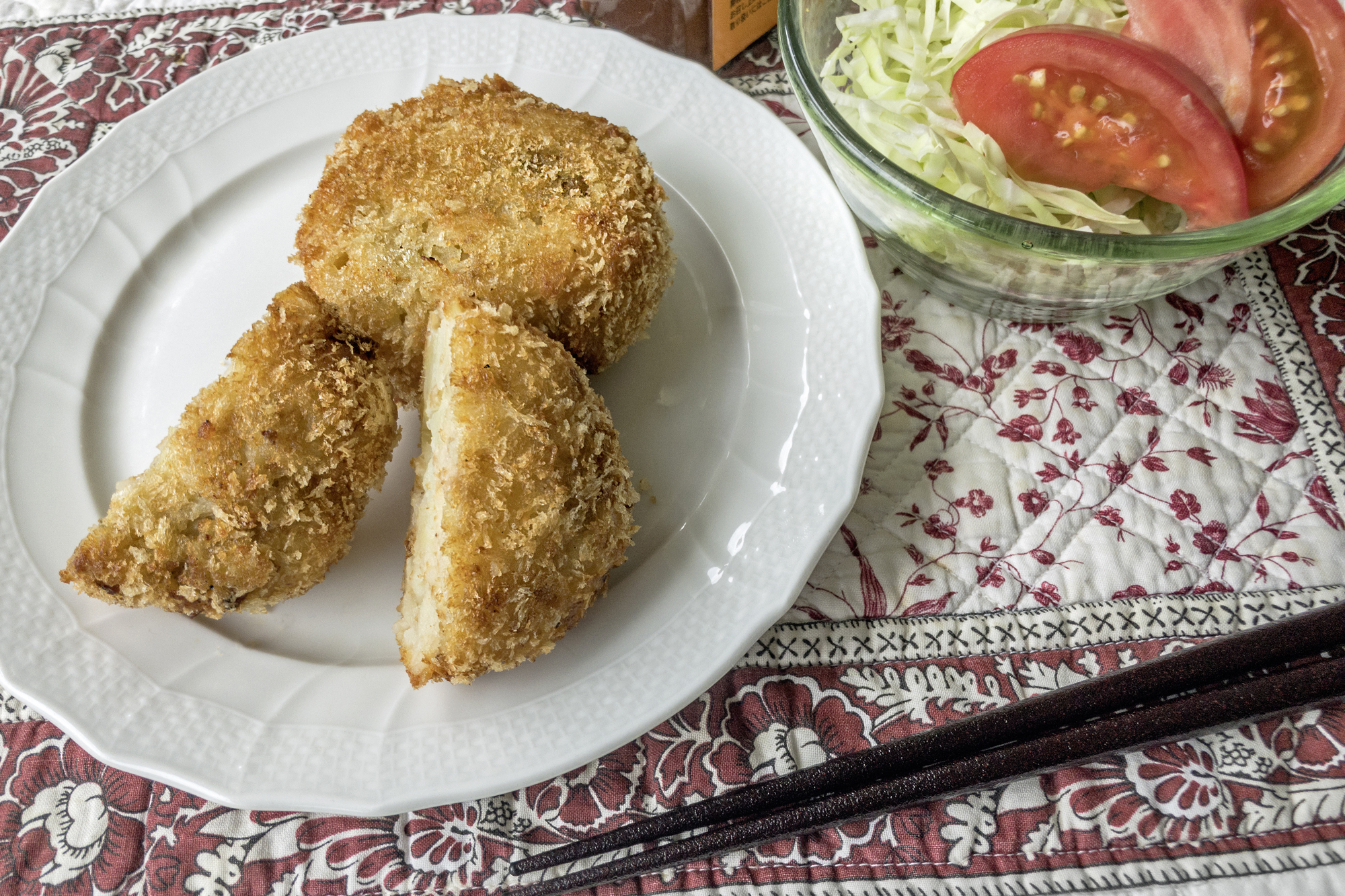
- Onions and Vegetables: Sweet, caramelized onions or finely diced vegetables add complexity and depth.
- Seasonings: Soy sauce, pepper, nutmeg, and sometimes a hint of miso or curry powder make each recipe distinct.
Korokke’s Place in Japanese Pop Culture and Media
Korokke’s role extends beyond the dining table, appearing in novels, cartoons, dramas, and movies.
- Anime and manga characters are often depicted enjoying Korokke, reinforcing its role as comfort food.
- Movies set in everyday Japan use Korokke scenes to emphasize family warmth and nostalgia.
- Pop icons endorse upscale versions, making Korokke trendy in cafés and department stores.
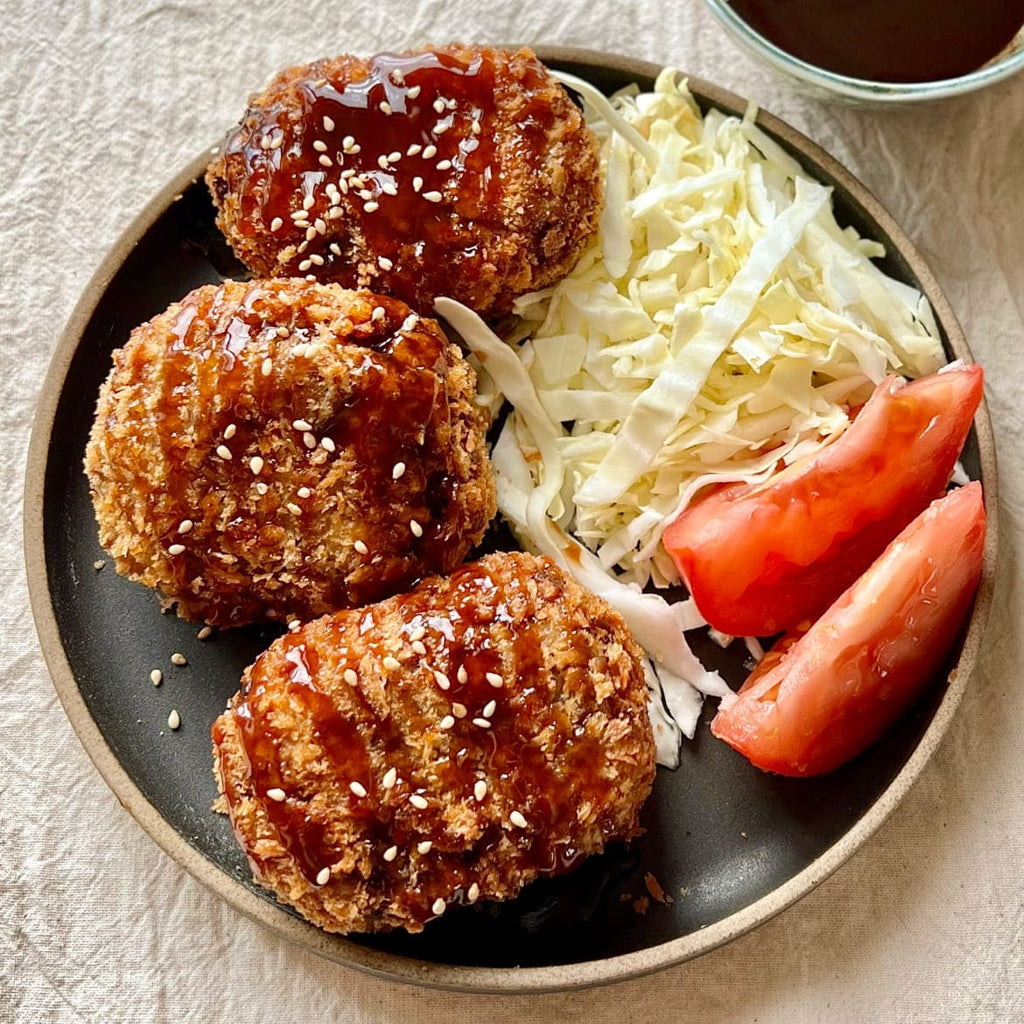
Seasonal and Regional Korokke Specialties: A Year-Round Adventure
Japan’s culinary creativity shines brightest in the way it adapts Korokke throughout the seasons and across regions.
- Limited-time offerings, like chestnut or sweet potato Korokke in autumn or shrimp and pea in spring, entice regulars to try something new.
- Regional specialties celebrate local produce, from Hokkaido’s dairy-rich versions to Okinawa’s tropical twists.
- Yoshida Hotel’s guides recommend seasonal food tours for travelers eager to taste Korokke at its freshest.

Korokke Inspirations: From Home Kitchens to High-End Restaurants
No journey into Japanese cuisine is complete without witnessing Korokke’s evolution.
- Home cooks innovate with global flavors, adding cheese, curry, or even chili powder to suit personal tastes.
- Luxury restaurants experiment with truffle oil or foie gras, appealing to gourmet palates.
- Food trucks and fusion eateries in Tokyo and Kyoto constantly reinvent the classic, attracting younger generations.

Making Memories: Cooking Korokke at Home
Recreating Korokke at home is a rewarding experience, perfect for sharing with friends and family.
- The process provides lessons in Japanese technique and flavor balance.
- Cooking Korokke together creates lasting bonds, whether with new acquaintances or old friends.
- At Yoshida Hotel, we often recommend Korokke-cooking workshops in the city, giving travelers insider access to local secrets.
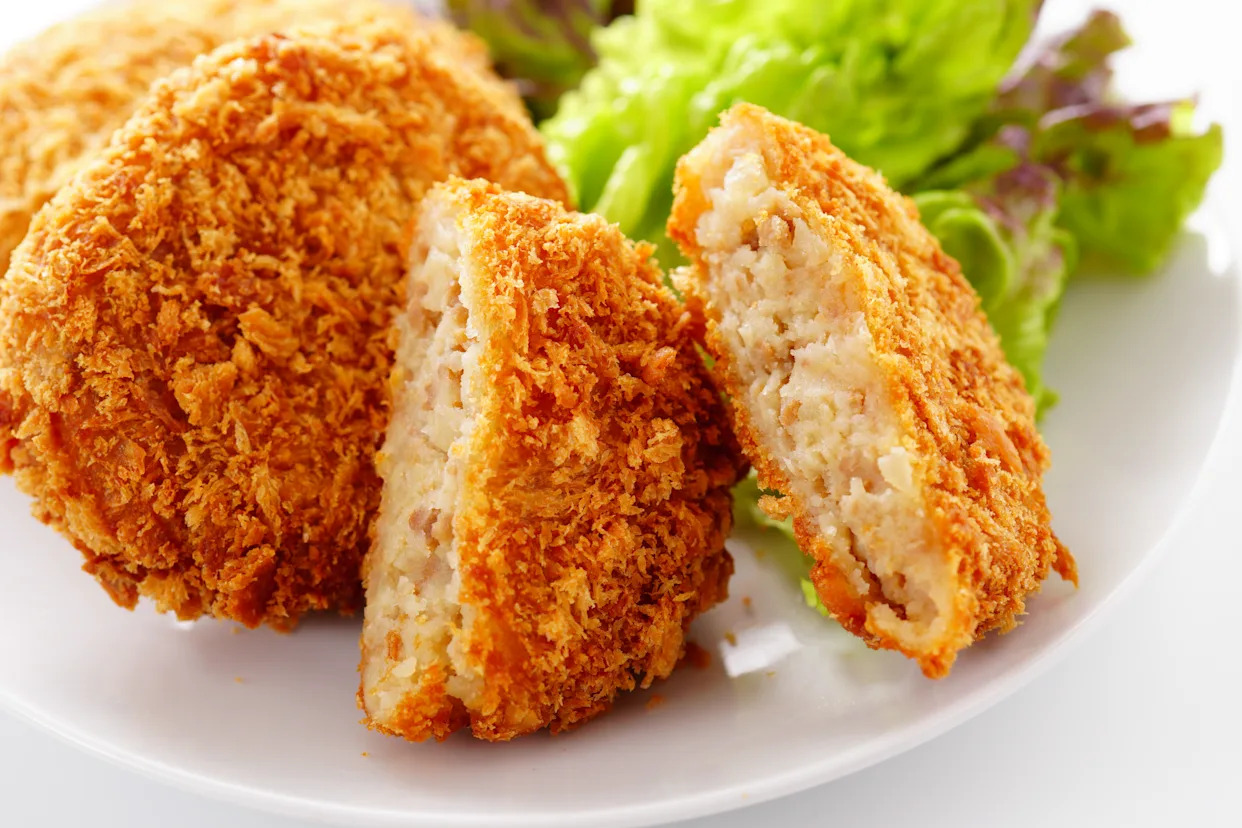
Korokke and the Japanese Way of Hospitality
At the heart of Korokke’s appeal is the spirit of Japanese omotenashi—wholehearted hospitality.
- The dish’s simplicity is an invitation to relax and enjoy, no matter the occasion.
- Sharing Korokke demonstrates the Japanese tradition of welcoming guests through food.
- At Yoshida Hotel, we embrace this philosophy, making every visitor feel cared for—one meal, one stay, one conversation at a time.
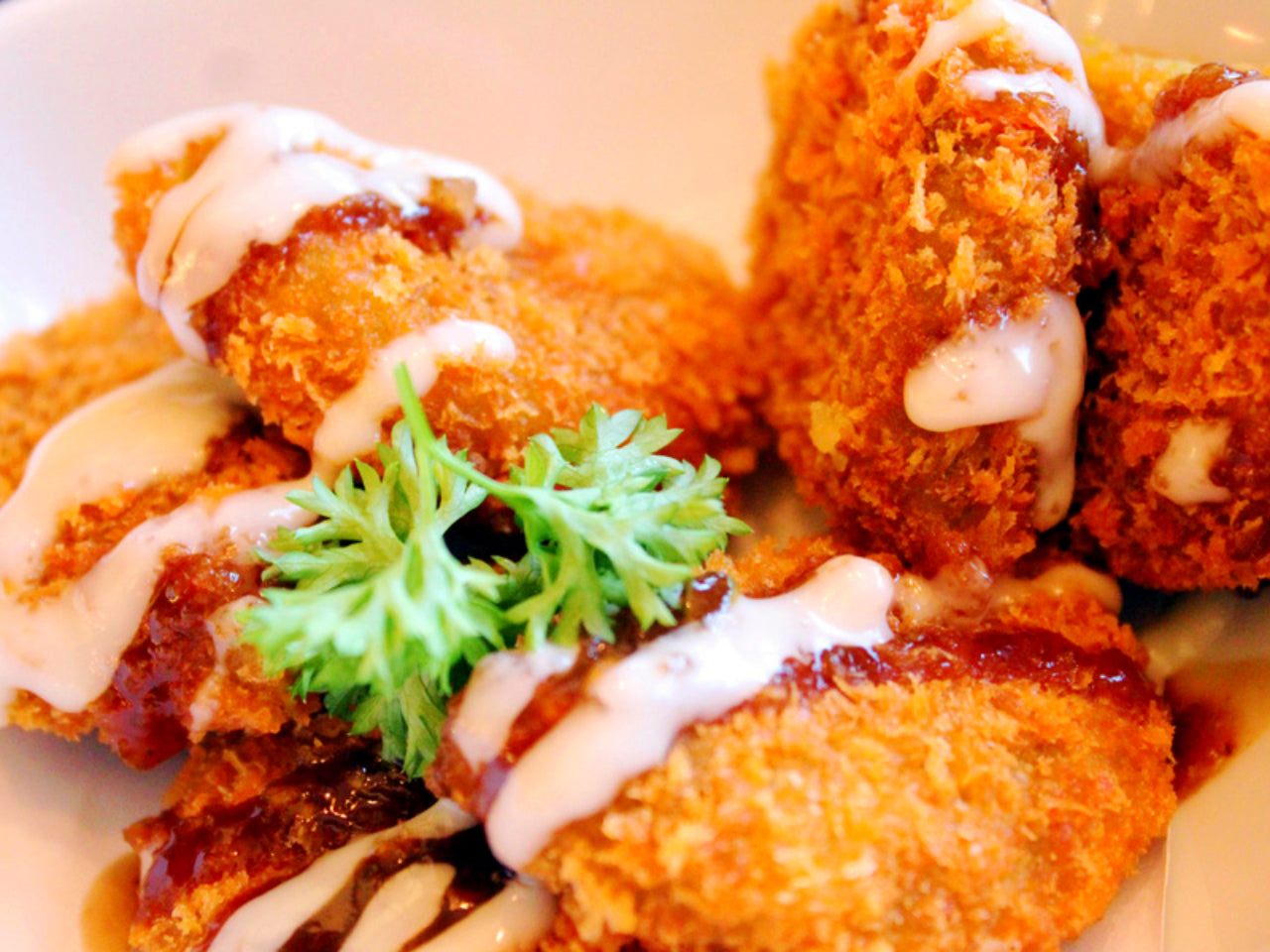
Korokke on the Global Stage: International Influence and Adaptation
As Japanese cuisine sweeps across the world, Korokke finds its place on menus in Europe, North America, and beyond.
- Japanese delis in London, New York, and Sydney sell authentic or inventive Korokke to a growing international audience.
- Multicultural mashups arise—Korokke with kimchi, curry, or Mediterranean herbs—demonstrating its remarkable adaptability.
- Travelers returning from Japan bring back a craving for the familiar crunch, supporting Japanese eateries overseas.
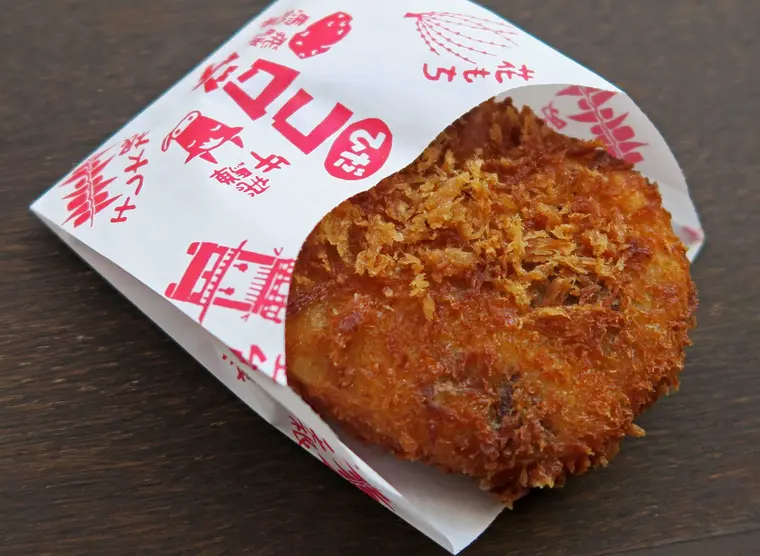
Korokke: Fuel for the Journey—Street Food for Adventurous Travelers
For the modern-day traveler, Korokke represents far more than a snack. It is fuel for discovery, a symbol of curiosity well rewarded.
- Timeless yet adaptable, Korokke is recommended by Yoshida Hotel to backpackers and luxury-seekers alike.
- Sampling Korokke from street vendors can turn a short walk into a mini adventure, revealing neighborhood secrets.
- Food tours dedicated to this snack provide an engaging way for visitors to taste history, one bite at a time.

Health and Nutrition: Korokke in a Balanced Japanese Diet
Though indulgent, Korokke is surprisingly versatile for those conscious of balance.
- Modern recipes offer healthier options, including baked Korokke or fillings rich in vegetables and lean proteins.
- Home versions allow for reduced oil or creative, nutritious twists—think sweet potato Korokke or versions stuffed with legumes.
- Eating in moderation and pairing with side salads or miso soup makes Korokke part of a wholesome meal.
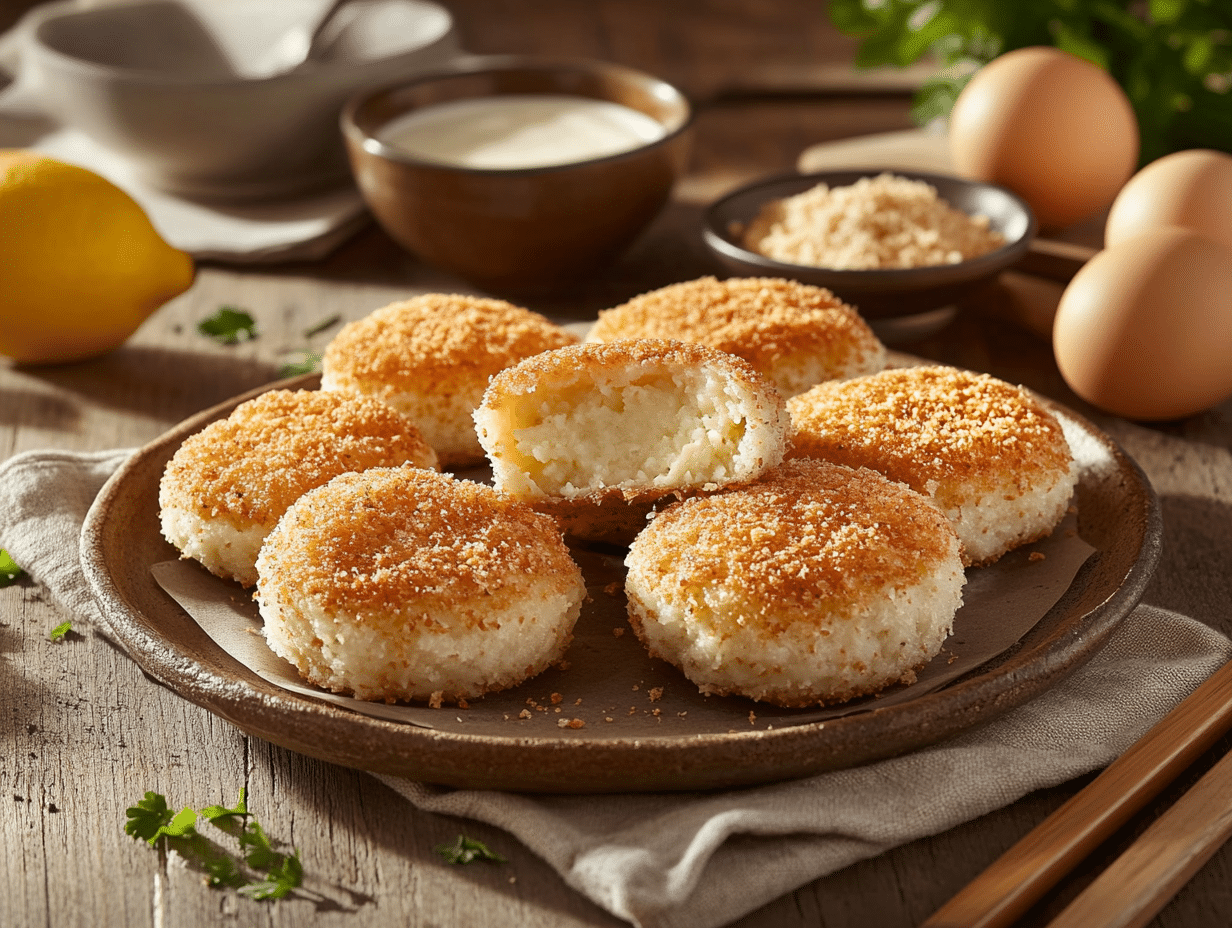
FAQs: Everything You Wanted to Know About Korokke
What is Korokke made of?
Korokke commonly consists of mashed potatoes and minced meat, coated in panko breadcrumbs and fried, though endless variations exist.
Where is the best place to try Korokke in Japan?
Local food stalls, family eateries, department store food halls, and even specialty shops all offer memorable Korokke experiences.
Are vegetarian versions available?
Absolutely. Many restaurants serve vegetable or cheese Korokke, featuring ingredients such as pumpkin, mushrooms, or lotus root.
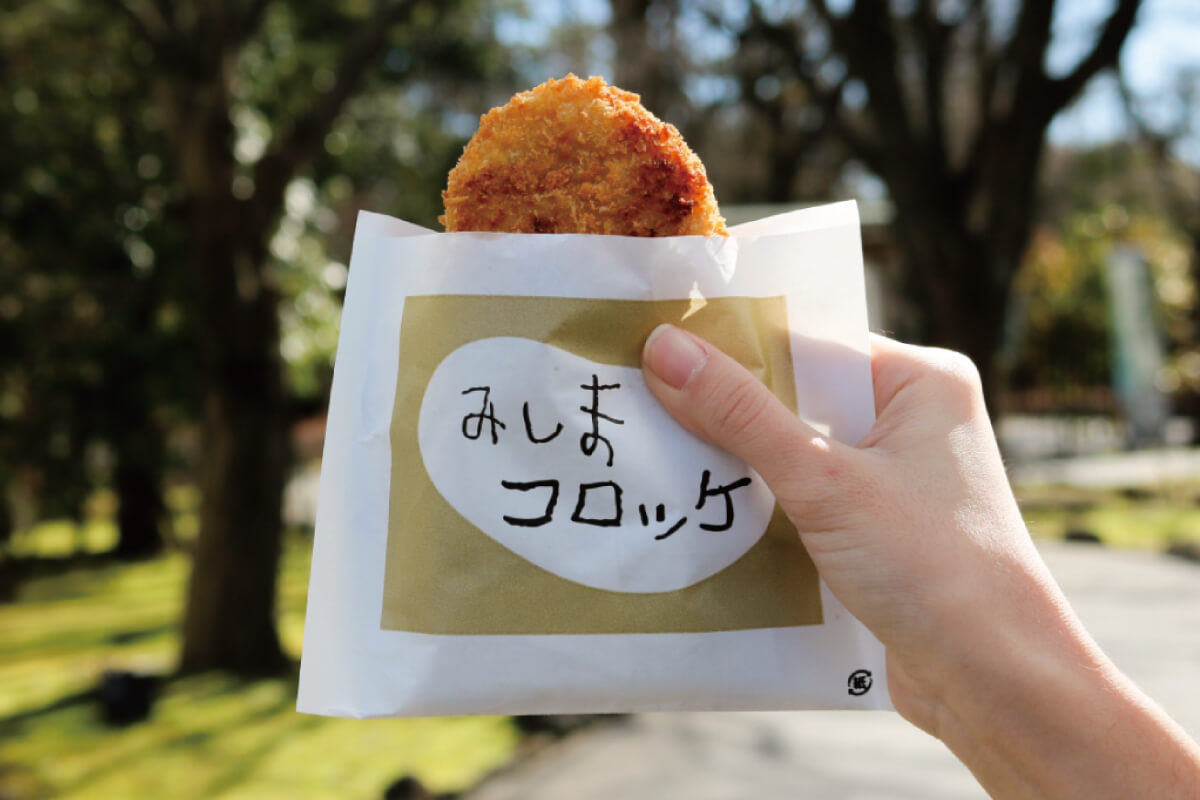
How do you eat Korokke?
Korokke is best enjoyed straight from the fryer, often with a splash of tangy sauce or alongside steamed rice and pickles.
Can I make Korokke at home?
Yes! Making Korokke is a fun and accessible way to bring Japanese flavor into your kitchen, with countless recipes online.
Korokke and the Sustainable Future of Japanese Cuisine
Today, Japanese chefs and restaurateurs are reimagining Korokke with sustainability in mind.
- Sourcing local and seasonal ingredients ensures fresh taste and minimum food miles.
- Some shops use plant-based fillings or alternative breadcrumbs to reduce environmental impact.
- The movement to reduce waste finds expression in Korokke, as leftover vegetables and potatoes can be repurposed to great effect.

Yoshida Hotel Recommends: Integrating Korokke Into Your Culinary Adventure
Choosing Korokke while traveling offers more than just satiating hunger—it is a window into Japanese culture itself.
- Next time you wander Japanese streets or check into Yoshida Hotel, seek out Korokke among your culinary adventures.
- Experiment with local interpretations, try seasonal specials, and engage in cooking workshops.
- With every crunchy bite, you’ll taste not just a snack but a centuries-old cultural exchange, a celebration of hospitality, and the joy of sharing good food.
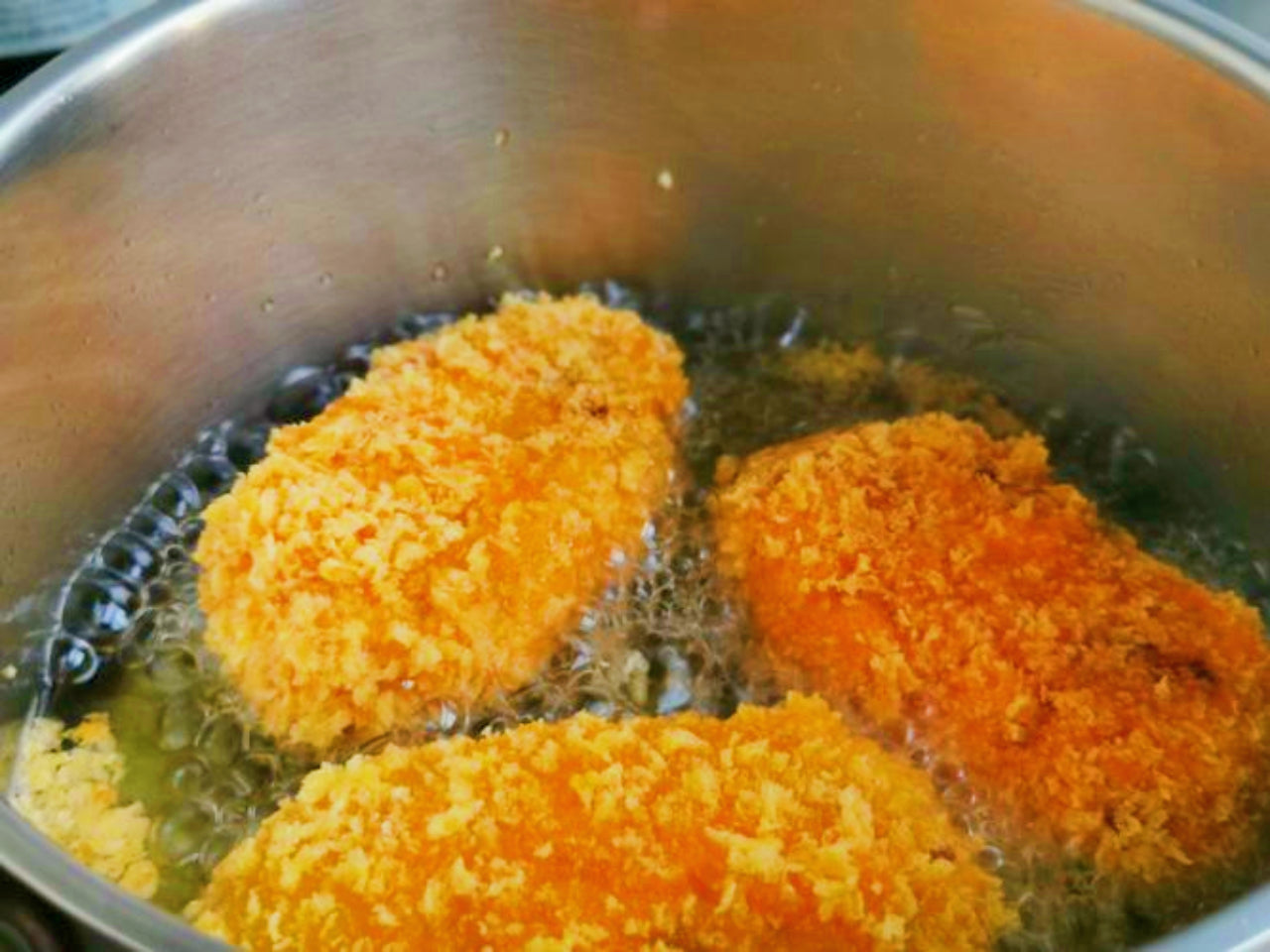
Conclusion: Discover, Taste, and Celebrate Korokke with Yoshida Hotel
As our journey through Japanese cuisine draws to a close, the story of Korokke stands as one of warmth, welcome, and culinary delight. From its French-inspired origins to its heartwarming place in homes and markets, Korokke has earned its reputation as one of Japan’s most lovable foods. At Yoshida Hotel, we are proud to guide travelers toward unforgettable gustatory experiences and cultural insights.
Let the memory of a hot, crispy Korokke remind you of the flavors, friendships, and journeys that define your travels. Whether you are exploring Japan for the first time or returning for another taste, the allure of Korokke—woven seamlessly with the story of Yoshida Hotel—will always be waiting for you to discover.
Details
Namistay chain hotel
- 61-63 Hoang Ke Viem, Bac My Phu, Ngu Hanh Son, Da Nang, Vietnam
- Hotline: 0905 432 992
- Lot 45 An Thuong 29, Bac My Phu, Ngu Hanh Son, Da Nang, Vietnam
- Hotline: 0977 455 546
- 42 An Thuong 26 Street, Bac My Phu, Ngu Hanh Son, Da Nang, Vietnam
- Hotline: 0965 442 842

